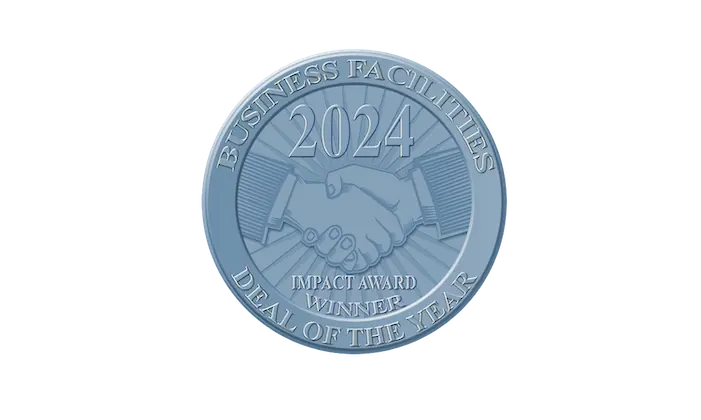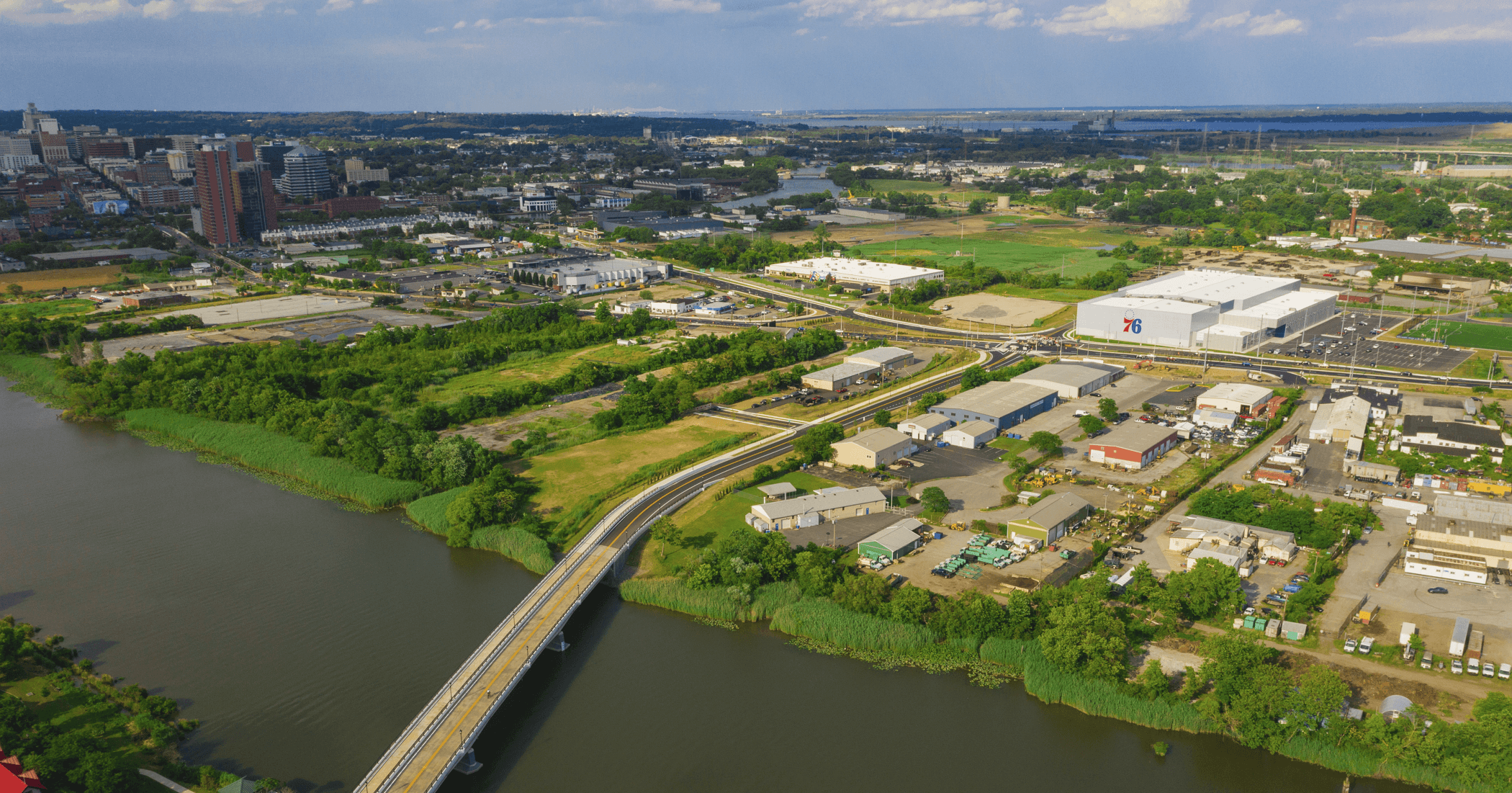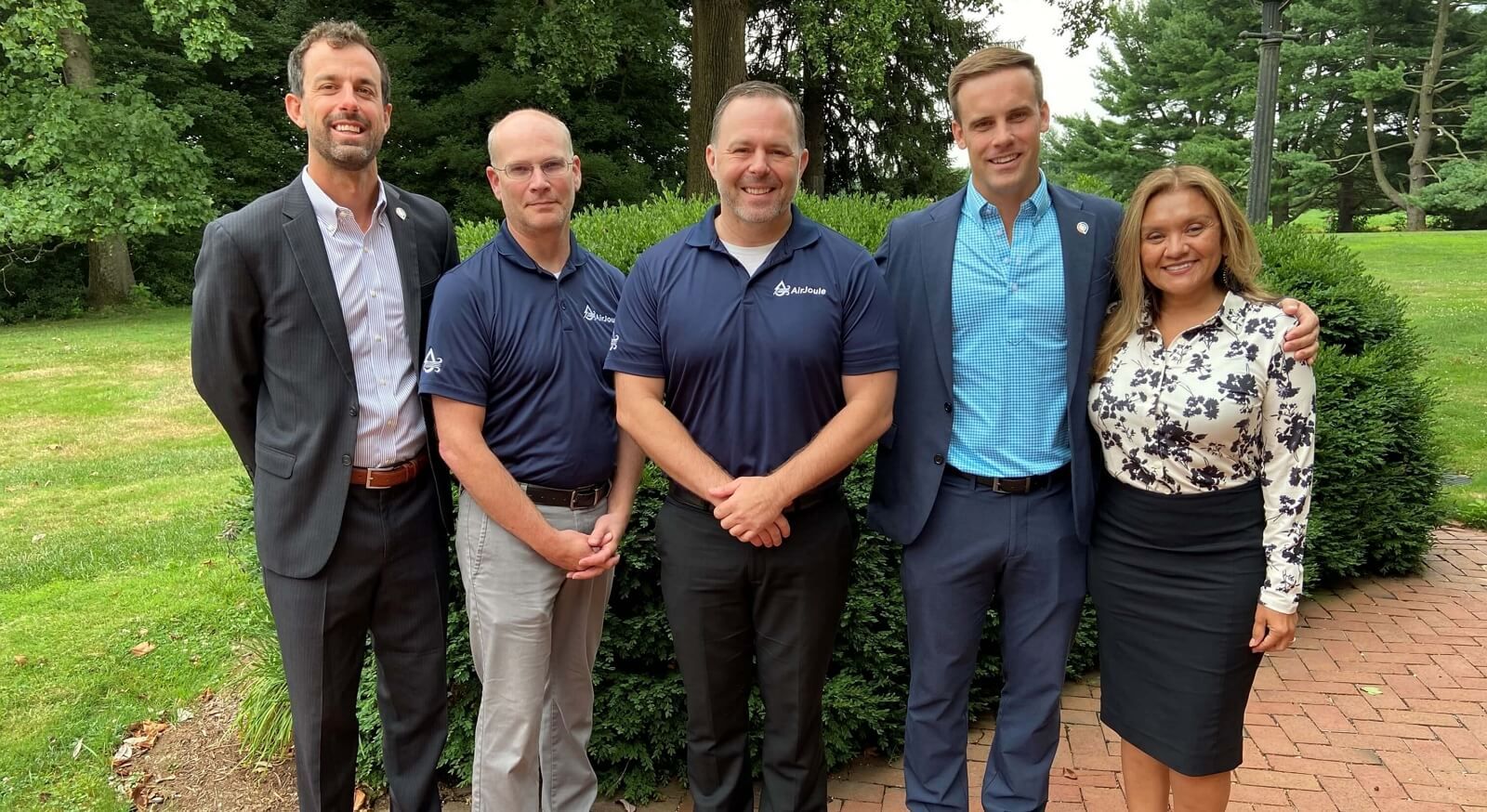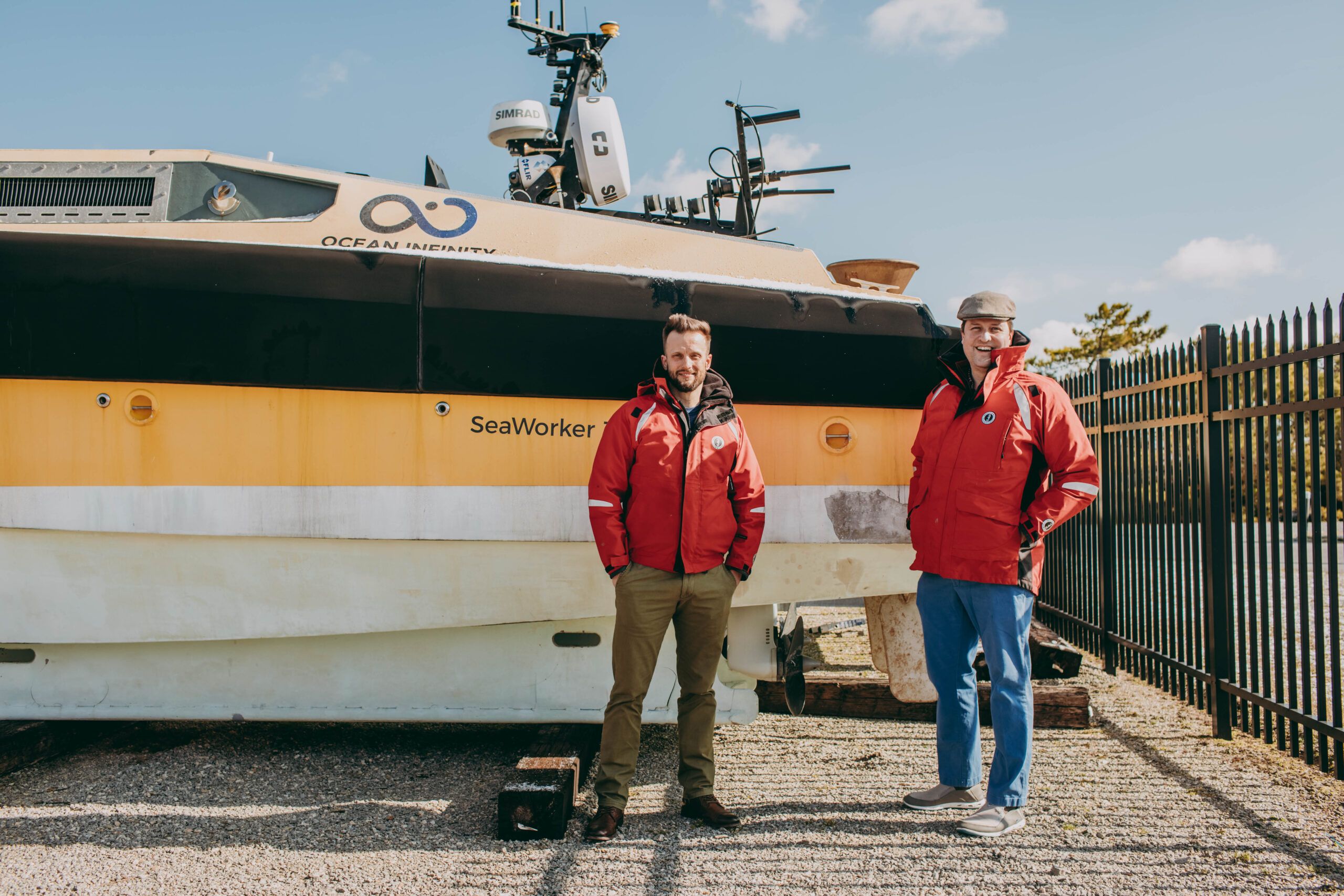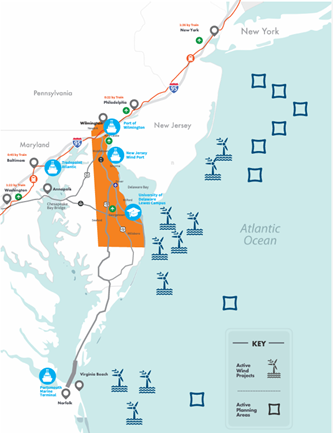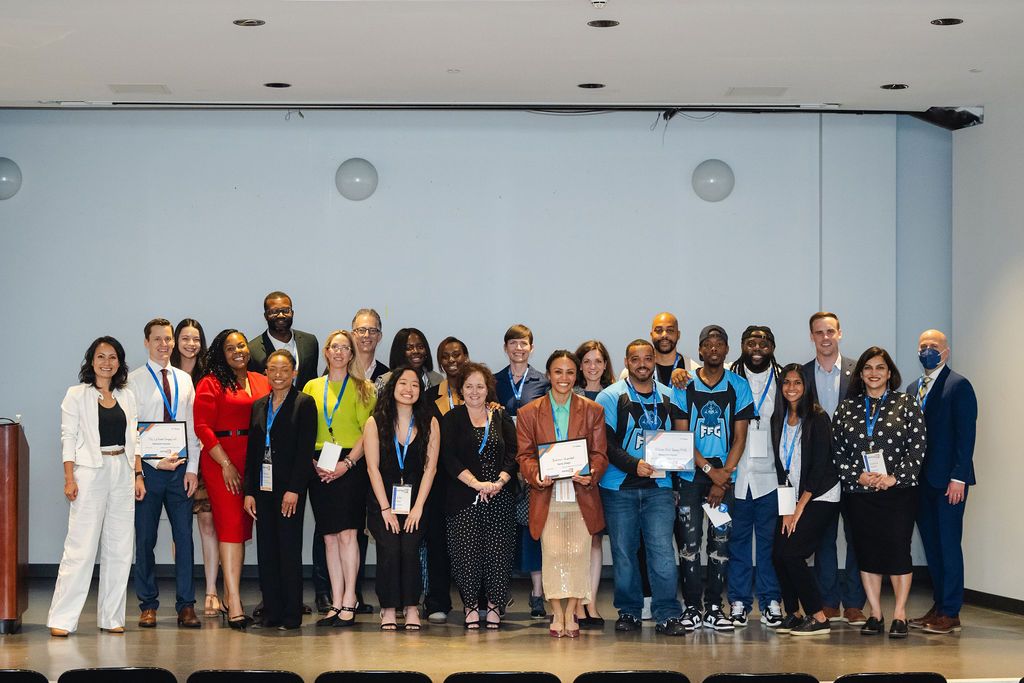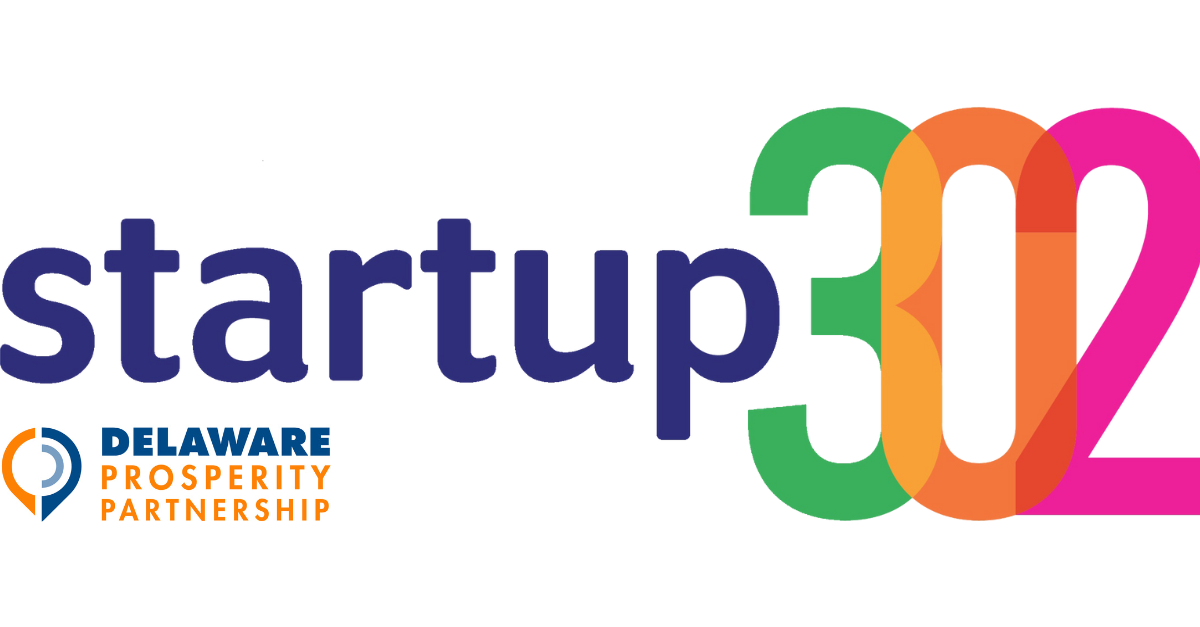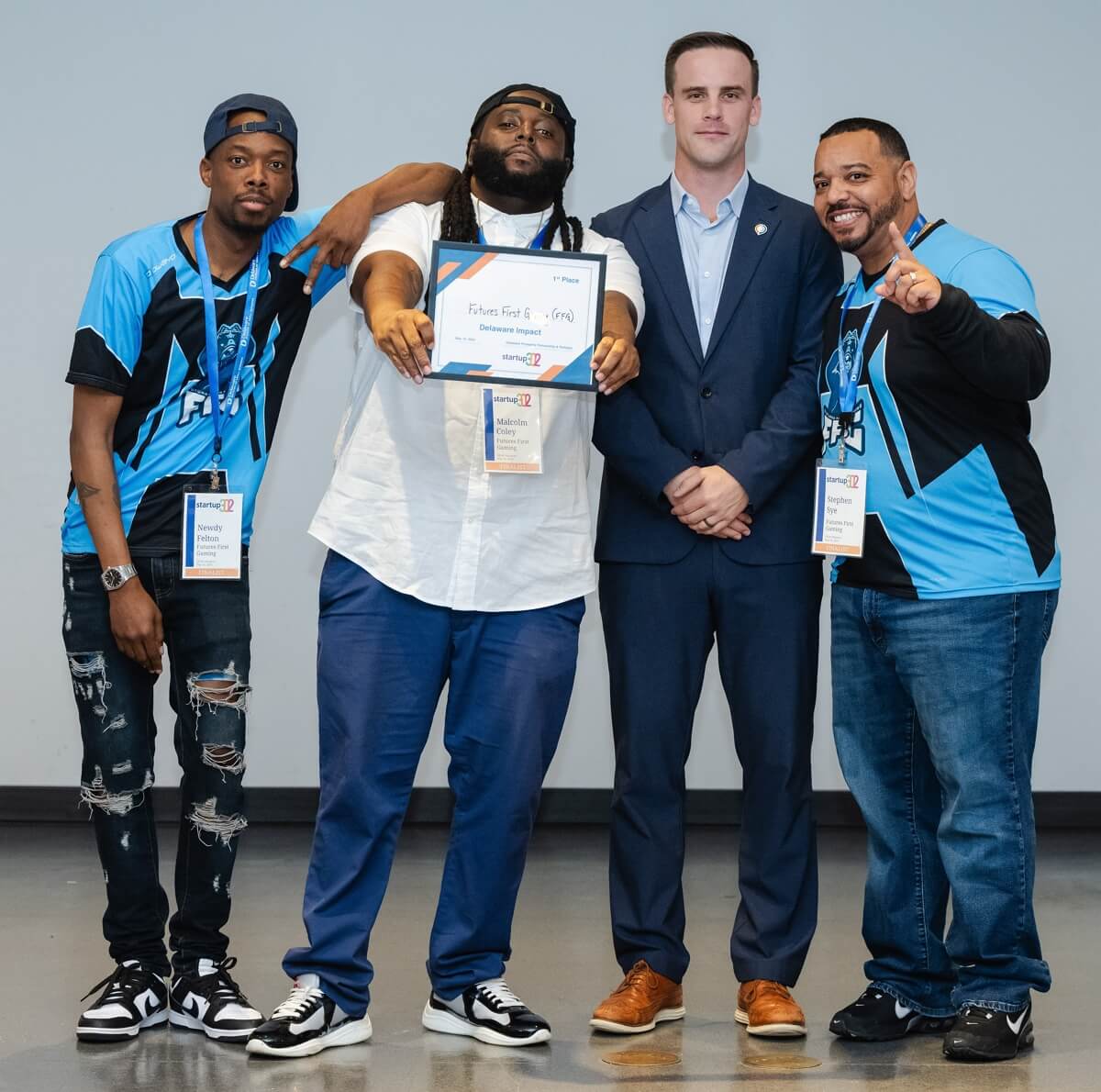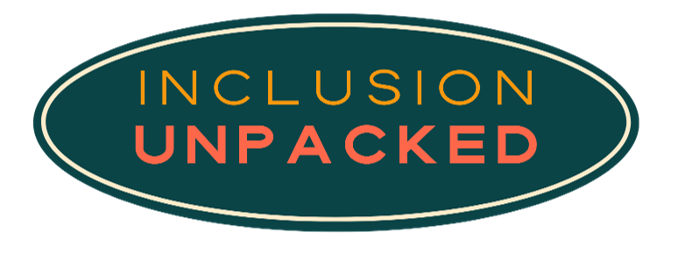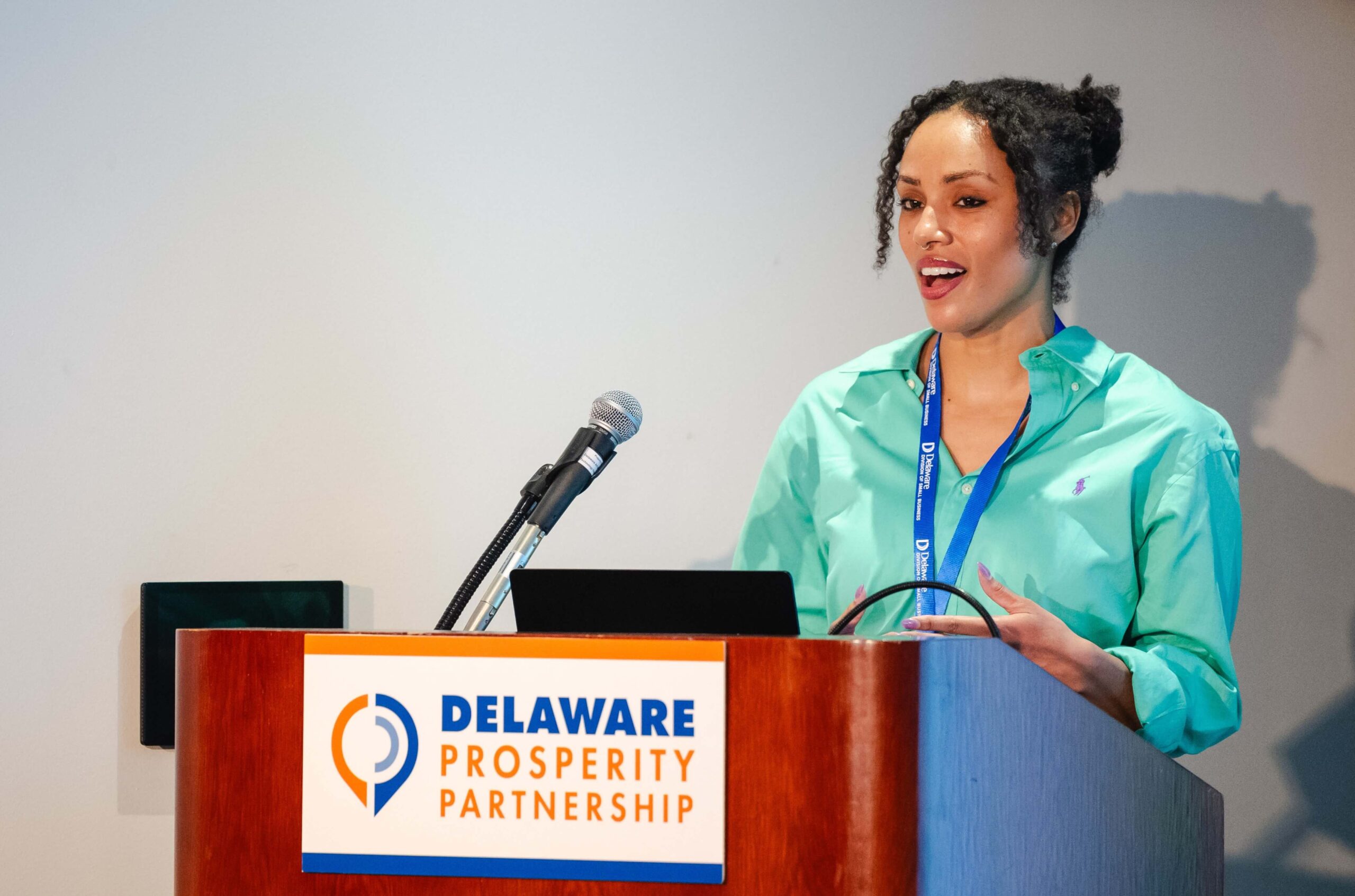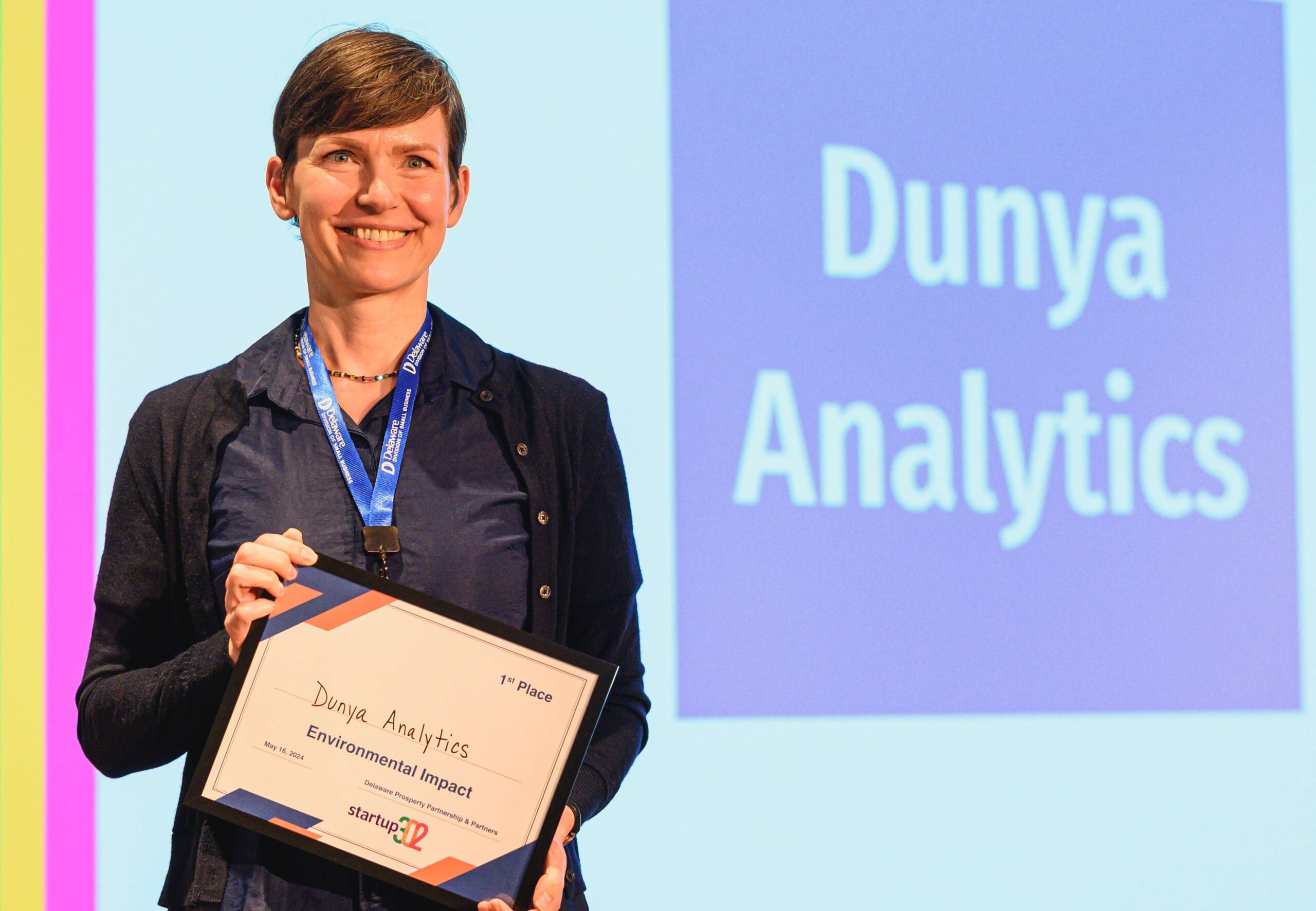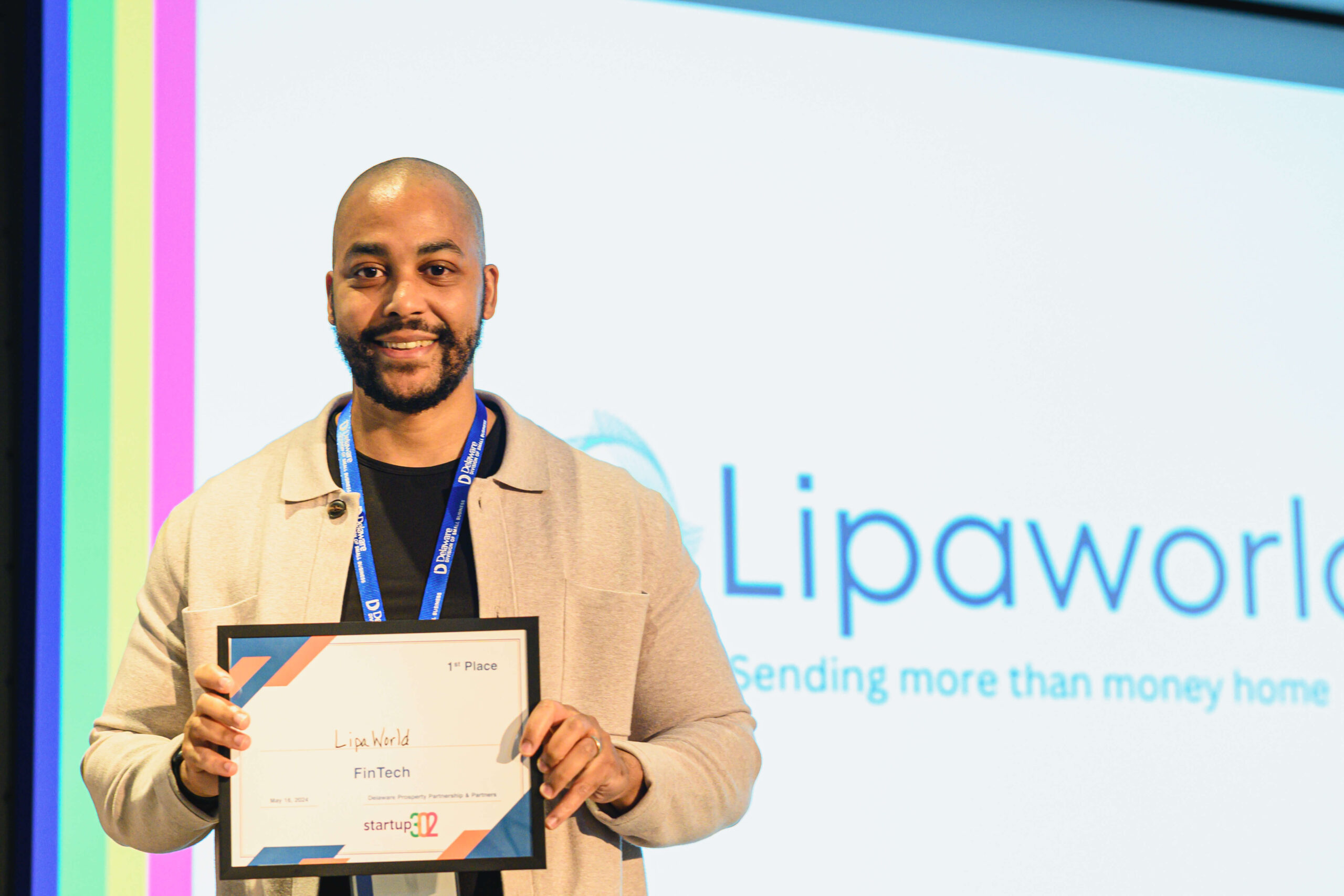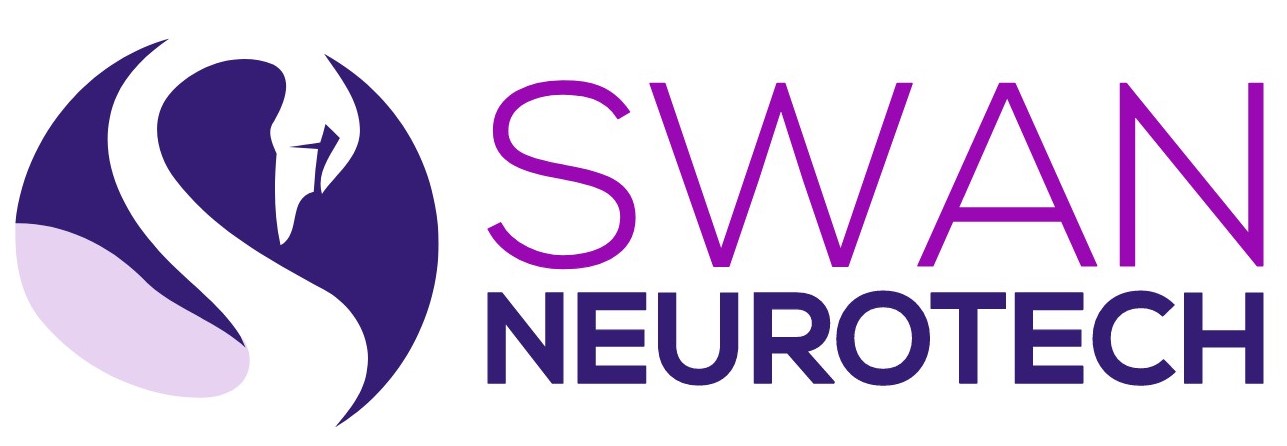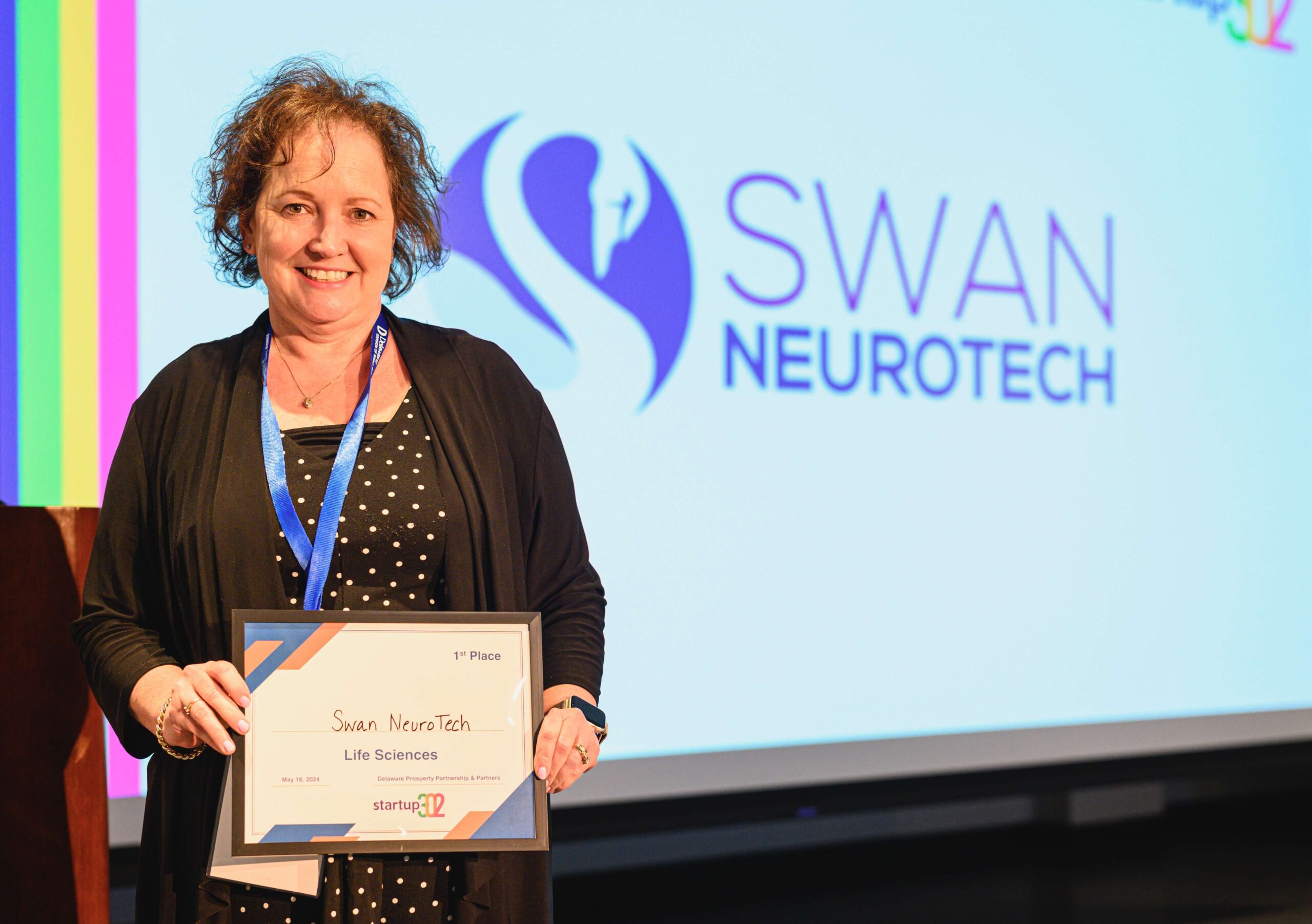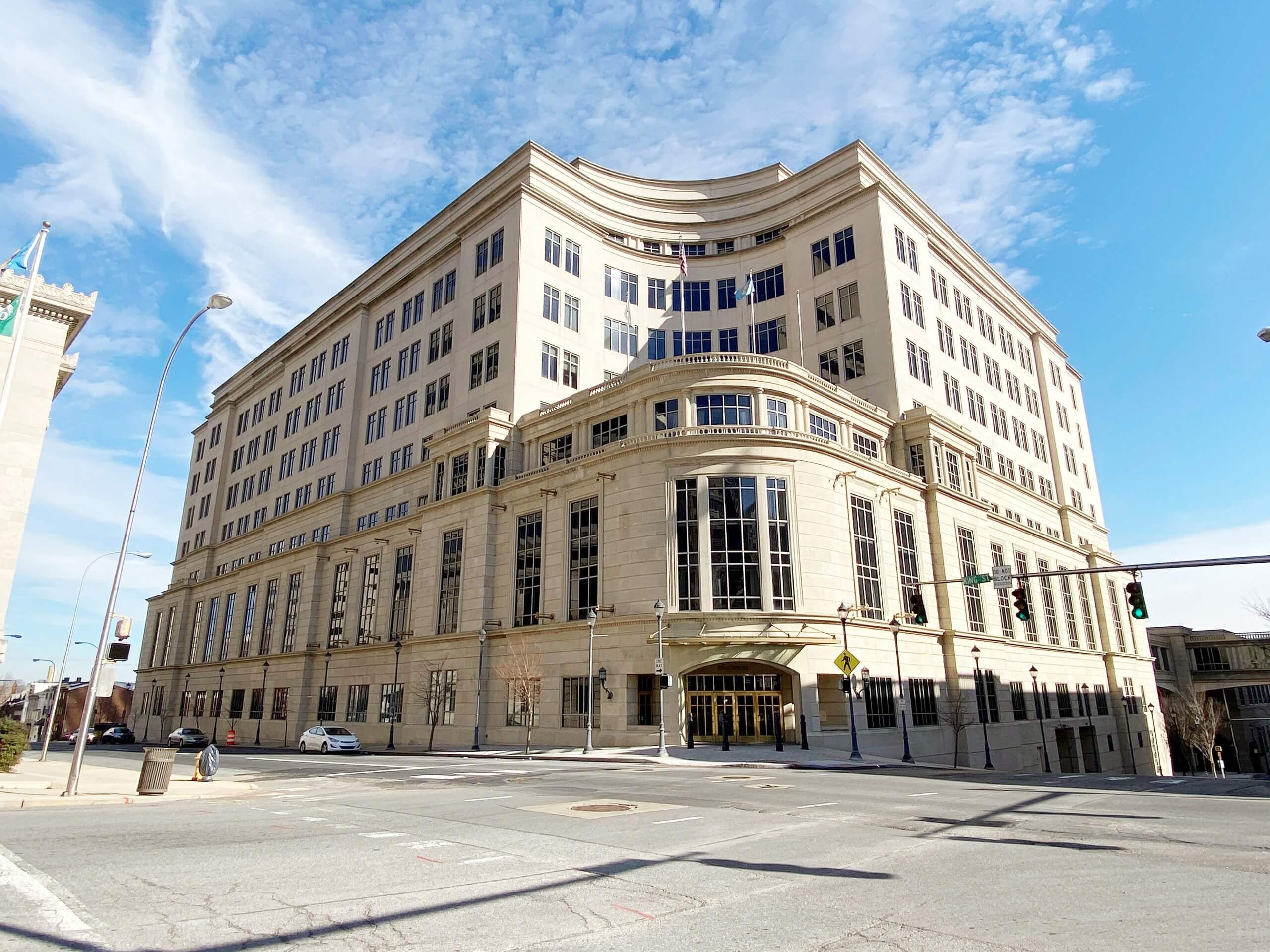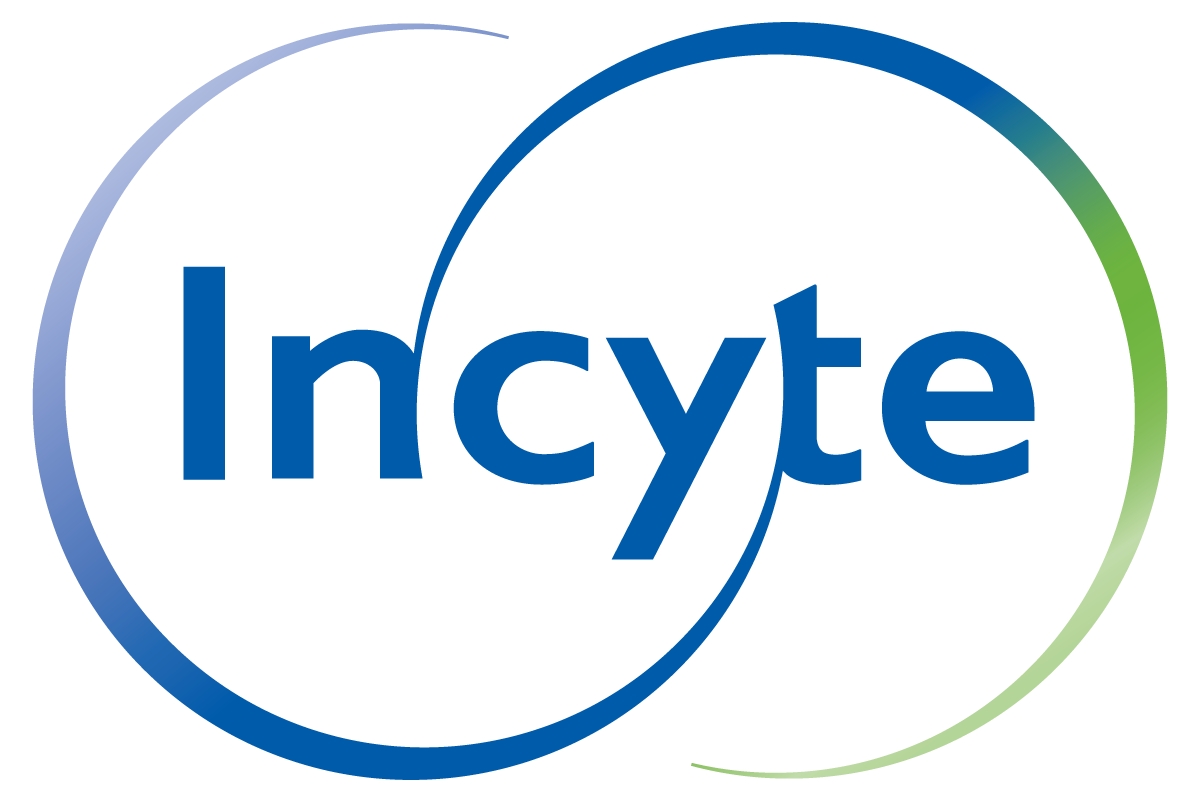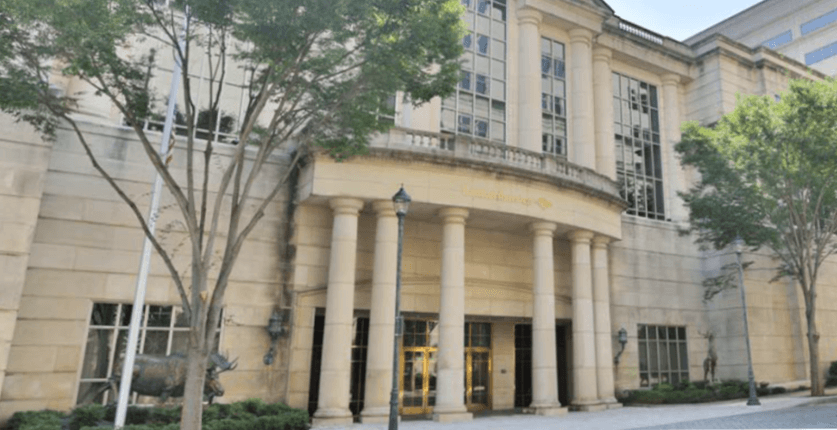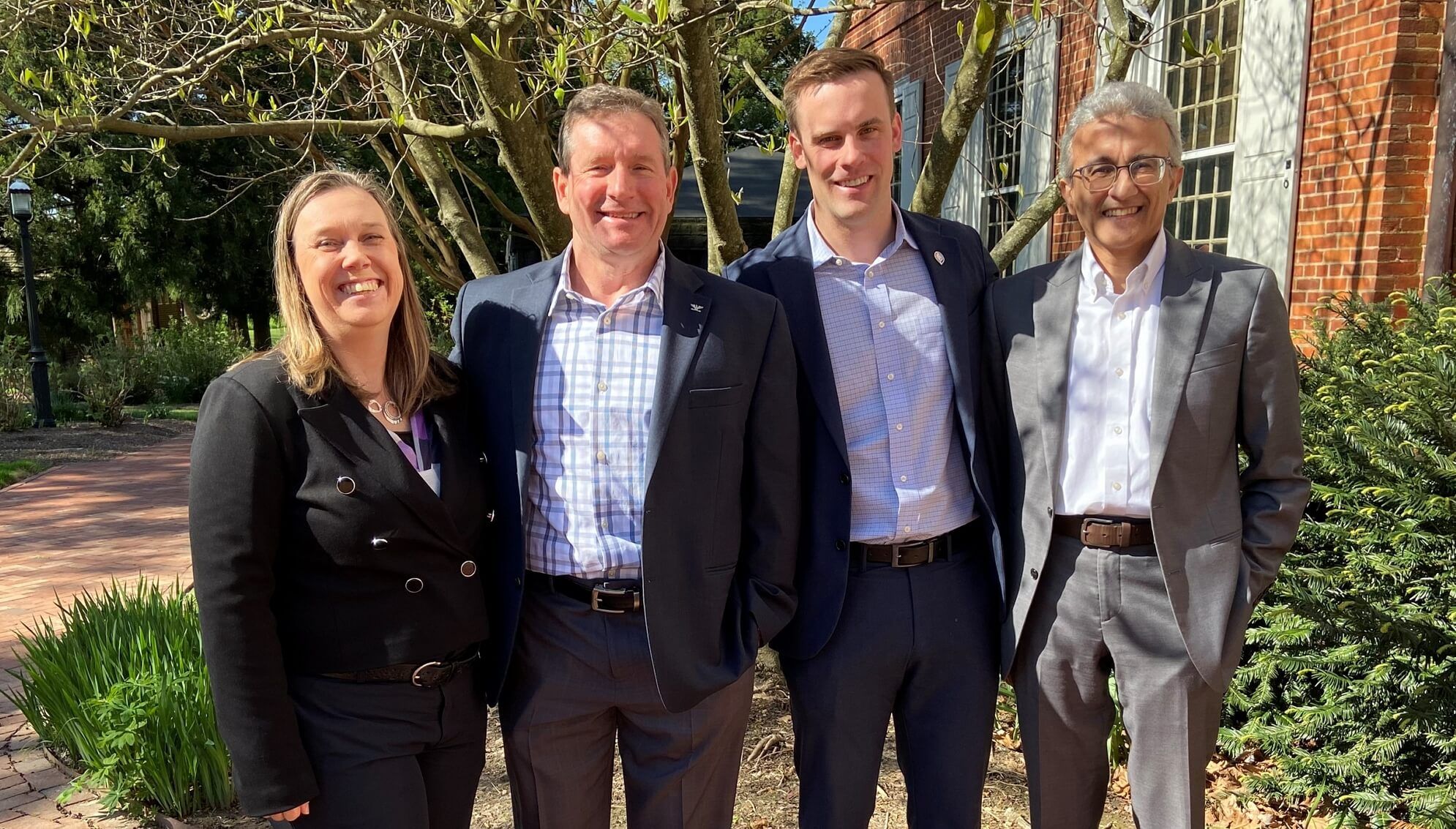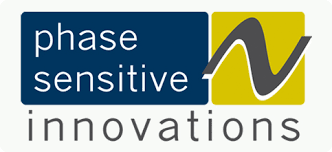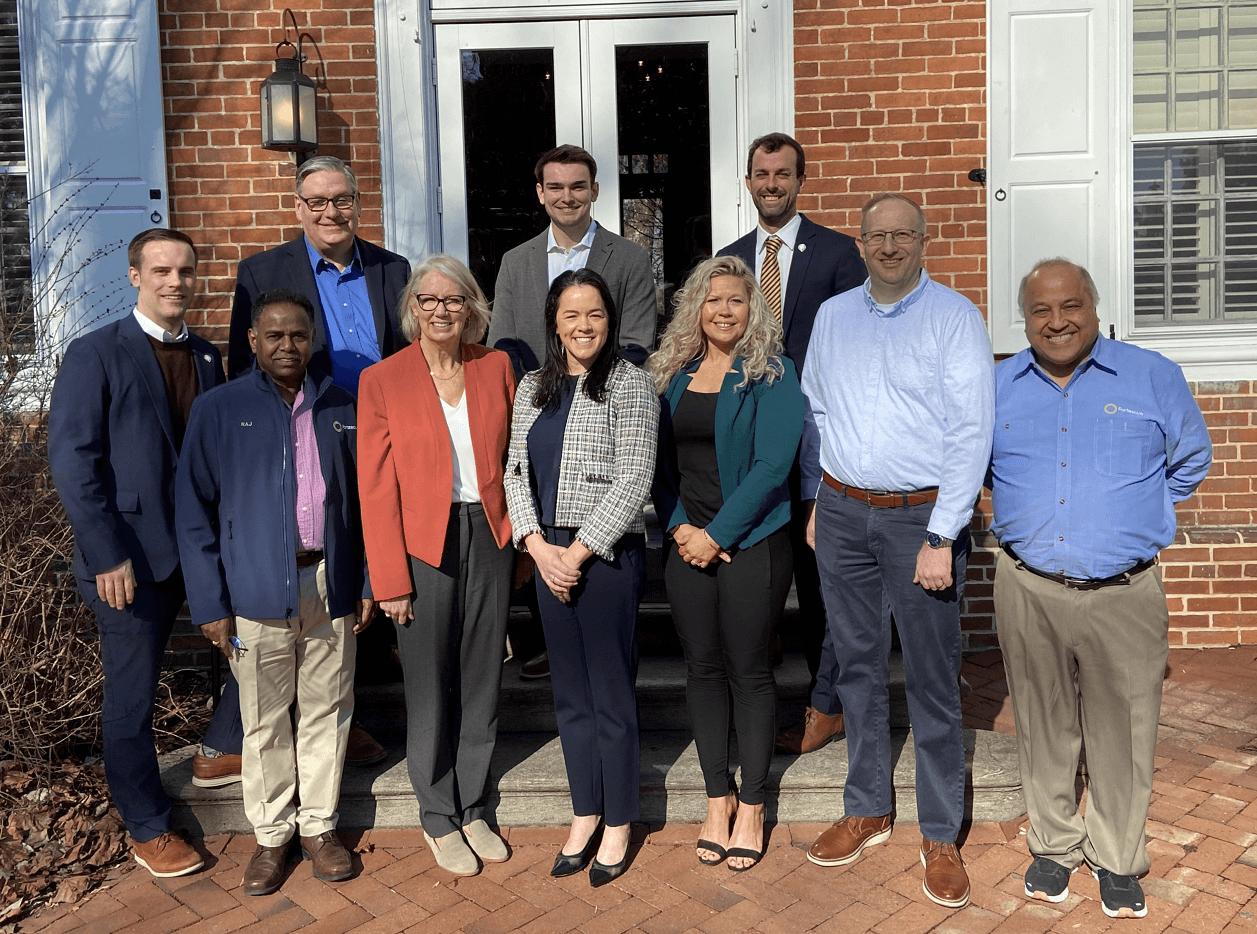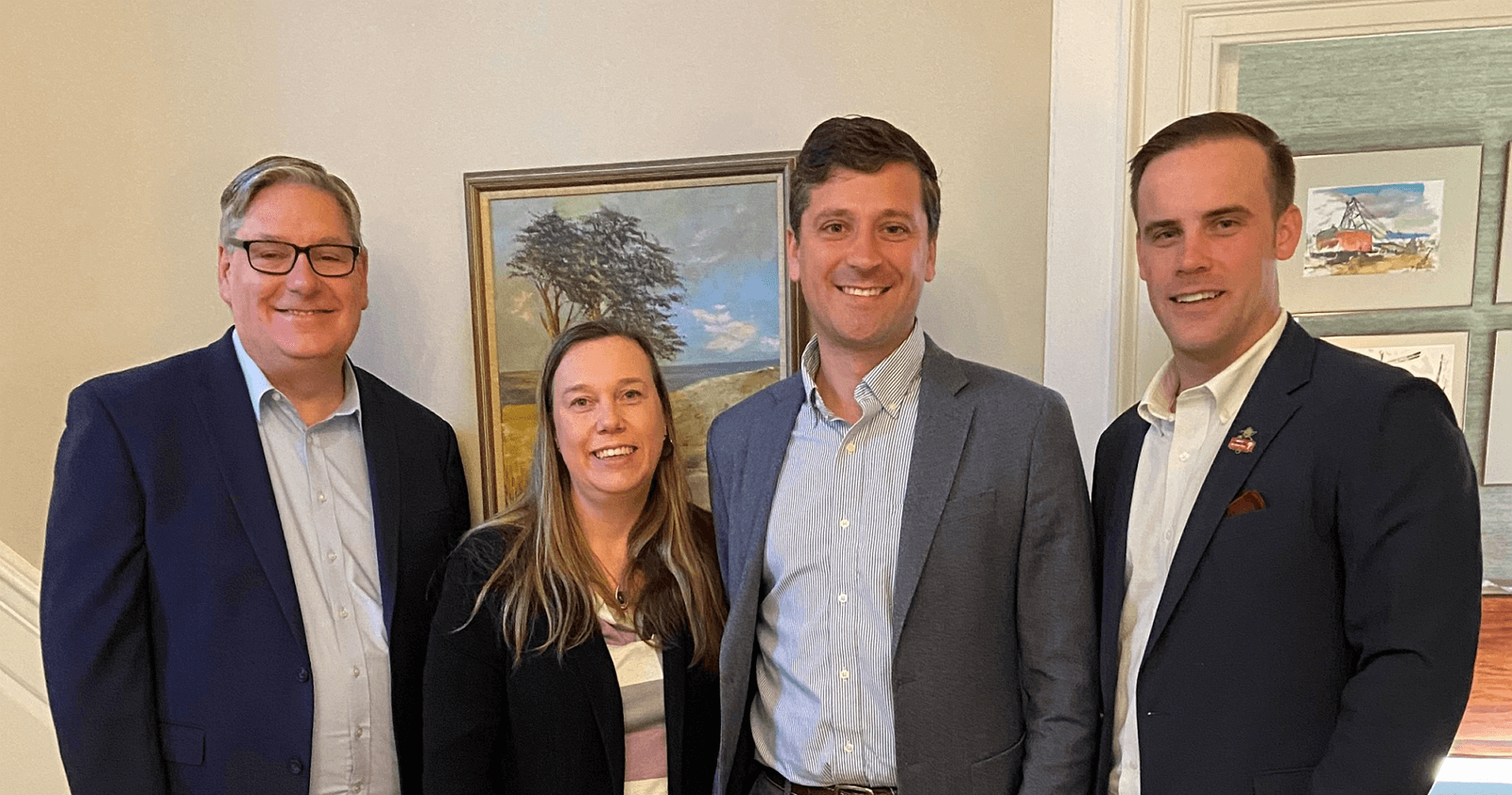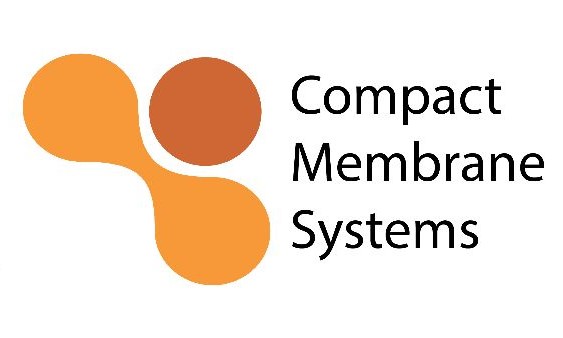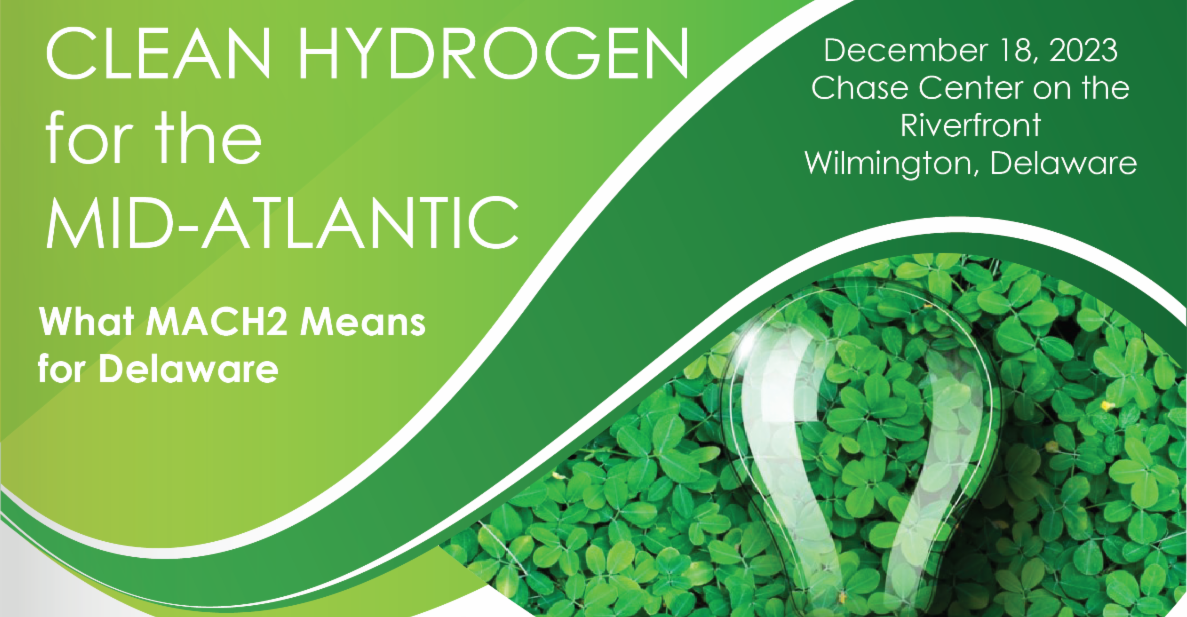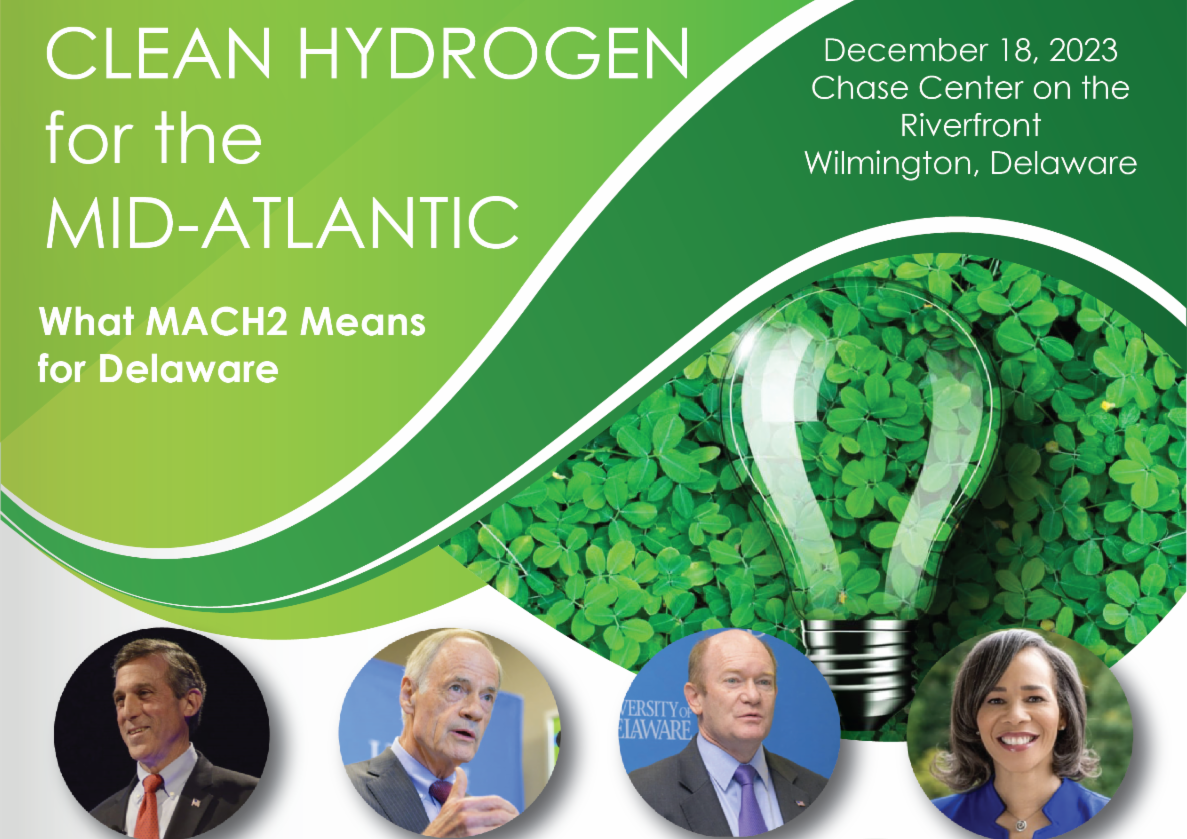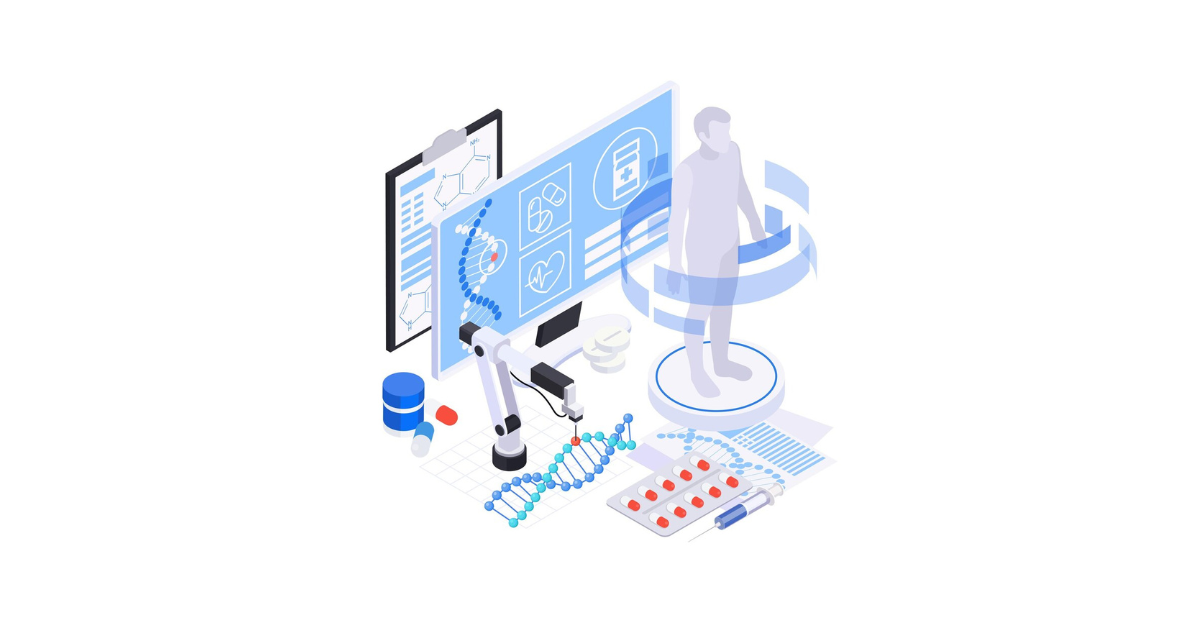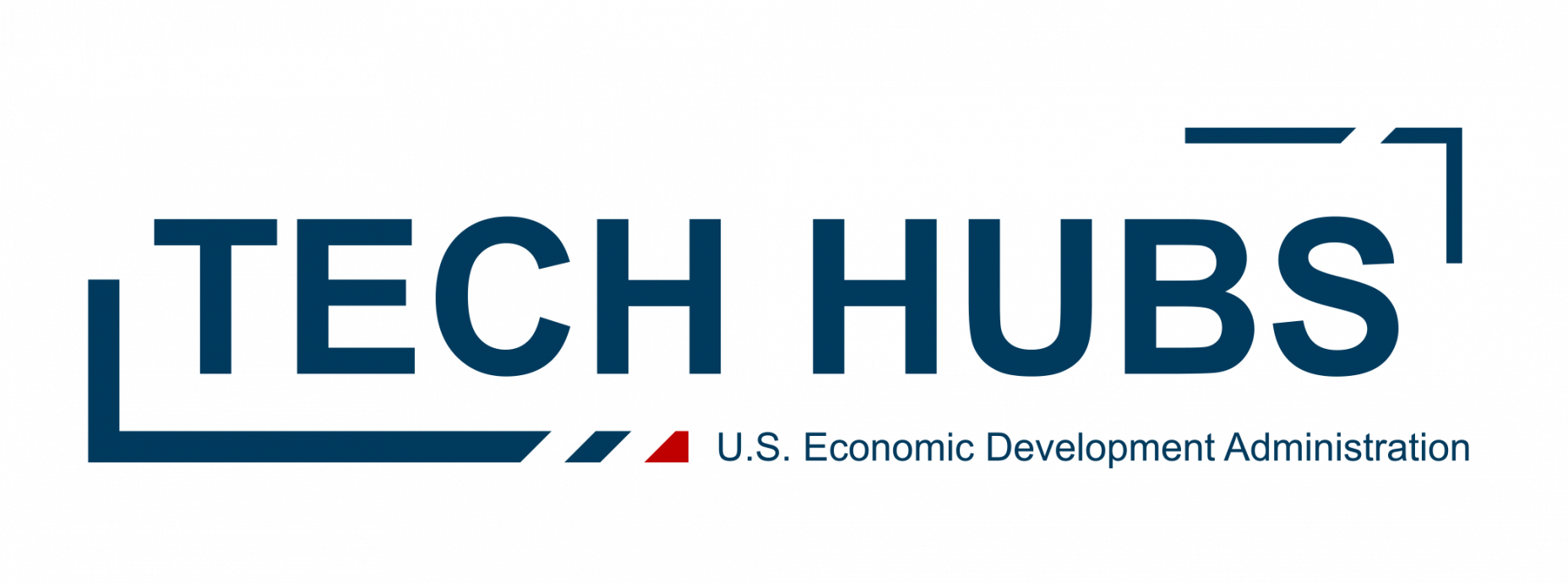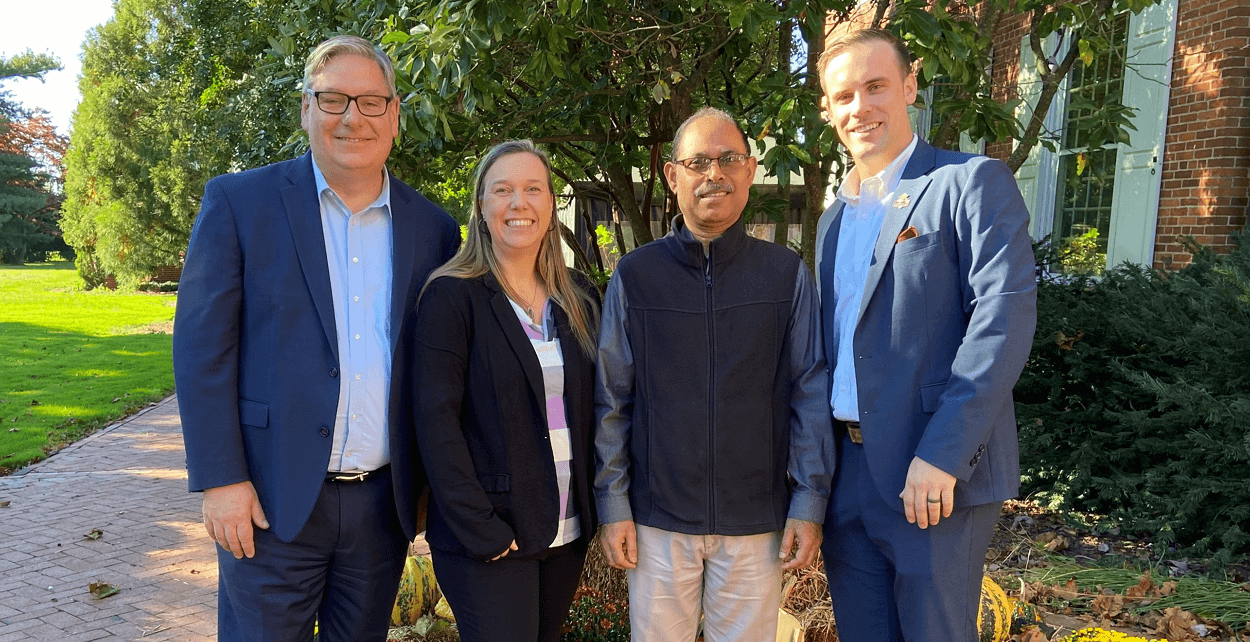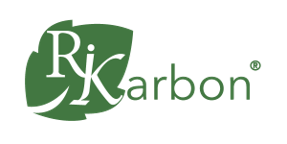Incyte Project Lauded with Impact Award
Economic development publication selects DPP-supported project for national honor
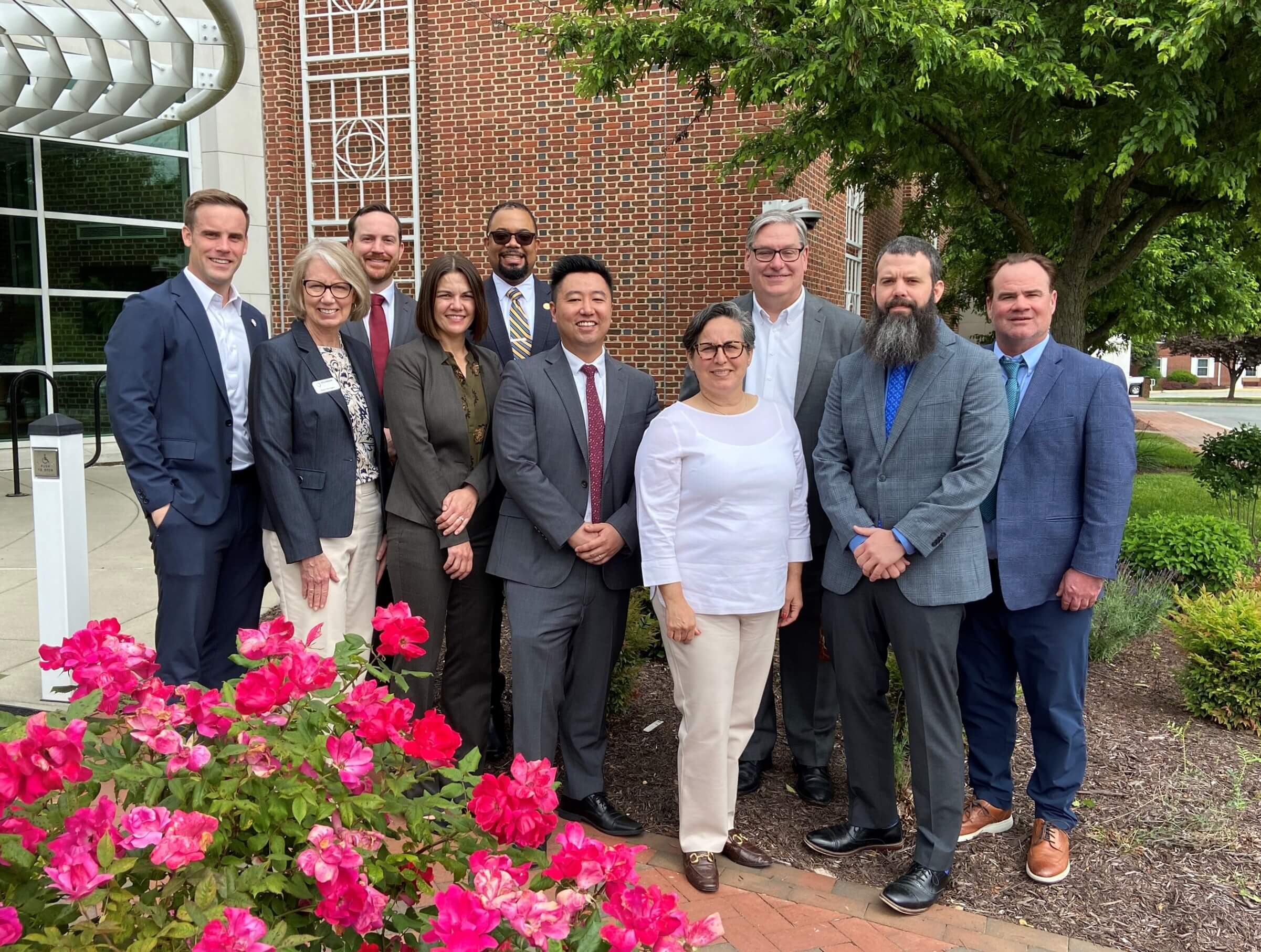
Significance of Incyte headquarters project in Wilmington cited by Business Facilities Deal of the Year Impact Award
January 9, 2025
A leading publication for corporate site selectors and economic development professionals has chosen a Delaware Prosperity Partnership-supported project as a winner in its 2024 Deal of the Year competition.
Business Facilities magazine is recognizing DPP and its partners for work on Incyte’s plan to retain and expand operations in Wilmington, Delaware, with a Deal of the Year Impact Award in the Corporate Headquarters Category. After a two-year search, the Delaware-founded global biopharmaceutical company announced in May that it would purchase two vacant buildings in downtown Wilmington and renovate them into a new corporate headquarters that will bring more than 300 relocated out-of-state jobs and up to 500 new, future jobs to the city’s business district.
DPP began working with the company – assisted by the Office of the Governor, the Delaware Division of Small Business, the Delaware Economic Development Authority, the City of Wilmington Office of the Mayor and other partners – in the summer of 2023. Together, they reached a collaborative solution that would meet Incyte’s two-year timeline and keep the company’s future growth in Delaware.
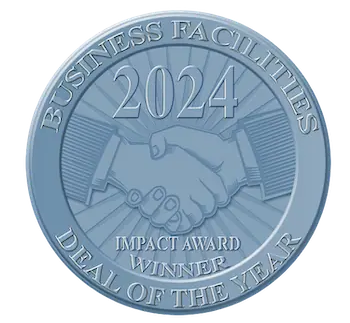
Incyte is investing more than $189 million in the acquisition and renovation of the Bracebridge I and Bracebridge III buildings, which comprise more than 500,000 square feet, along with renovations at its existing Alapocas campus just outside the Wilmington city limits. The project, which Business Facilities called a “transformative investment in Wilmington,” will allow Incyte to almost double both its workforce and its physical footprint in Delaware. Additional benefits include significantly reducing the city’s office vacancy rate, growing the city-based workforce and increasing weekday foot traffic for downtown businesses. More information about the project is available on the DPP website.
“The acquisition of the two buildings in Downtown Wilmington provided the perfect opportunity for us to expand our presence while reinforcing our commitment to Delaware,” said Hervé Hoppenot, Incyte president and chief executive officer. “We believe that this new expansion will provide capacity for growth in the future and contribute to both our success and that of the downtown Wilmington community.”
Founded in Delaware following the sale of DuPont Pharmaceuticals to Bristol Myers Squibb in 2002 and growing steadily over the last 22 years, Incyte is a local success story with a global footprint. The NASDAQ-traded company has a robust portfolio of treatments across hematology/oncology and inflammation and autoimmunity. In addition to its global headquarters in Delaware, the company maintains its European headquarters in Switzerland along with commercial operations and other offices across Europe and in Japan, China and Canada. Incyte currently employs more than 2,500 people across North America, Europe and Asia, with approximately 1,000 of them based in Delaware.
Business Facilities has highlighted economic development and site selection news from around the world for more than 50 years. The magazine added Impact Awards that highlight outstanding projects in specific industries to its Deal of the Year Awards program in 2021, and DPP received one of those inaugural honors in the Biosciences Category. DPP’s current accolade and the rest of the 2024 Deal of the Year Awards are featured in the January/February 2025 issue of Business Facilities.
“Delaware has been known for homegrown innovation since DuPont was founded here in 1802, through Incyte’s founding here in 2002 and continuing today, and Wilmington is well-known as the homebase for many global corporations,” said DPP President and CEO Kurt Foreman. “DPP is proud that Business Facilities recognizes the significance of Incyte’s decision to expand here and that we helped bring about plans that will benefit Delaware’s economy and business community, provide local job opportunities and enable Incyte to continue growing its work to find innovative solutions for patients with critical unmet medical needs.”
The original May 2024 announcement of the Incyte project is at: https://www.choosedelaware.com/press-releases/incyte-grows-in-downtown-wilmington-de/.
Newsletter Sign Up
Stay Up To Date With Delaware
